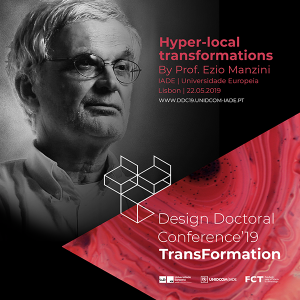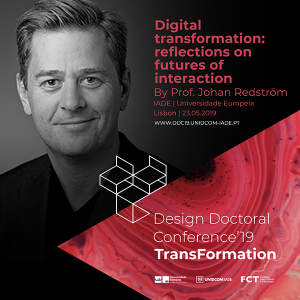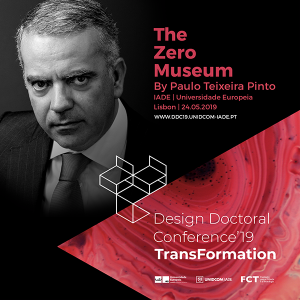For each edition of the Digital Design Conference, we invite three key figures in design practice and research to give their reflections on the theme of the conference; this year we welcome Ezio Manzini and Johan Redström (with the third speaker to be announced shortly).
Hyper-local transformations
Ezio Manzini | 22 May | 1900
About the speaker
For more than two decades he has been working on design for sustainability and social innovation. Therefore he started DESIS, International Network on Design for Social Innovation(http://www.desis-network.org). He has explored design potentialities in different fields, such as: Design of Materials, in the 80s; Strategic Design, in the 90s; Service Design, in the last ten years. Presently, he is Honorary Professor at the Politecnico di Milano and Guest Professor at Tongji University (Shanghai).His most recent book is “Design, When Everybody Designs. An Introduction to Design for Social Innovation”, MIT Press 2015.
Digital Transformations: three reflections
Johan Redström | 23 May | 1900
Technological futures have proven to be rather difficult to predict, and as a result our knowledge of what they will be like is limited to say the least - and yet, we are constantly busy making them. Our hope, therefore, lies with our ability to not only make things happen, but to also learn through making; that what we can not know in advance, we make up for by continuously creating the knowledge we need as we go. If, and if so how, this can be done is one of the basic questions of design research and a reason why research education in design has become so important. Using this perspective as a starting point, I will present three reflections related to digital transformations in and of design: one political, one historical and one personal.
About the speaker
Johan Redström is Professor in design at Umeå Institute of Design, Umeå University (Sweden). He has previously been Rector of Umeå Institute of Design, and before that Design Director of the Interactive Institute (Sweden). He received his PhD from Göteborg University in 2001, where he also became Docent in Interaction Design in 2008. Working with research through design based on combining experimental practice with design philosophy, he has done research in areas such as emerging technologies and traditional materials (e.g. on IT+Textiles), design and sustainability (e.g. on design, energy consumption and awareness) and more recently reconceptualisations of ‘things’ in light of new digital forms of making and using. His most recent books are “Making Design Theory” (MIT Press 2017) and “Changing Things; The future of objects in a digital world” together with Heather Wiltse (Bloomsbury 2019).
The Zero Museum
Paulo Teixeira Pinto | 24 May | 1900




